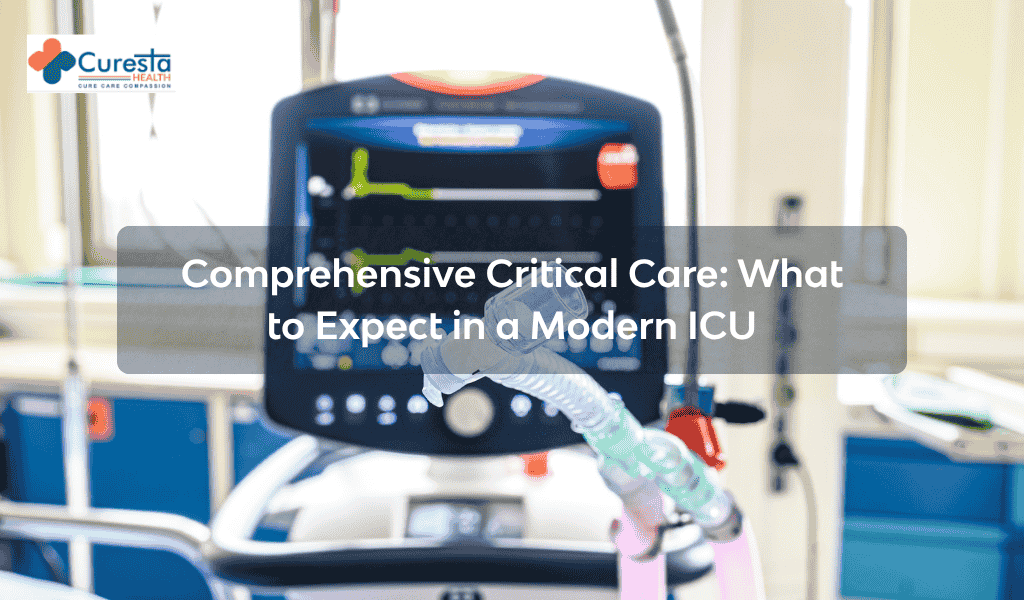



Intensive Care Units (ICUs) are critical environments within hospitals designed to provide life-saving care for patients who are critically ill or injured. Whether it’s a case of cardiac failure, sepsis, or a traumatic injury, ICUs are equipped to deliver the highest level of medical attention. In this blog, we’ll explain what makes modern ICUs so effective in saving lives and supporting critically ill patients, and what you can expect during a stay in such a facility.
Modern Intensive Care Units (ICUs) are equipped with a range of life-saving technologies that allow healthcare professionals to monitor and treat patients in real-time. Some of the most commonly used equipment includes:
These technologies are often integrated with real-time diagnostic tools, enabling the medical team to make timely decisions based on the patient’s condition. This integration ensures that patients receive high-quality care and are closely monitored throughout their treatment.
Modern ICUs are staffed by a team of highly trained medical professionals who work collaboratively to provide comprehensive care. The team typically includes:
The multidisciplinary collaboration of these professionals ensures that patients receive well-rounded, effective treatment in an ICU environment, where timely intervention is critical.
One of the key features of modern ICUs is the ability to provide tailored care for a wide range of critical conditions. Patients in ICUs are often battling life-threatening issues, such as:
ICUs also have specialised units to focus on specific types of care, like a surgical ICU that focuses on patients recovering from major surgeries or complex procedures. Also, there are other specialised ICU units that are equipped with the necessary technology and medical expertise to provide focused care, increasing the chances of a positive outcome.
In an ICU, patient safety is paramount. These units are equipped with stringent infection control measures to protect patients, who are often at high risk of infections due to their weakened state. Some of these measures include:
These rigorous protocols ensure that the risk of infections is minimised, allowing patients to receive the best possible care without additional health threats.
While the focus in an ICU is on the patient’s physical health, supporting the emotional well-being of families is also a priority. ICU teams understand that having a loved one in critical care can be incredibly stressful, which is why they strive for transparency and communication. Families are regularly updated on their loved one’s condition and progress. In addition, many ICUs provide psychological support services, offering counselling or emotional support to help families cope with the stress of having a critically ill relative. This holistic approach ensures that both patients and their families feel supported through the difficult journey of critical care.
Modern Intensive Care Units (ICUs) play a vital role in ensuring the best possible outcomes for patients facing life-threatening conditions. With advanced technology, specialised medical teams, and a patient-centred approach, ICUs provide essential care for a wide range of serious conditions, from heart disease to neonatal care. By offering individualised treatment plans, maintaining patient safety, and providing family support, ICUs are equipped to handle the most critical health situations, giving patients the best chance of recovery.
Is your loved one in need of expert critical care? Curesta Health provides state-of-the-art ICU services for the Residents of Ranchi and all of East India. Our modern ICU, equipped with the latest technology and staffed by skilled professionals, is here to support your loved one’s recovery. Book an appointment today and ensure the highest standard of care.